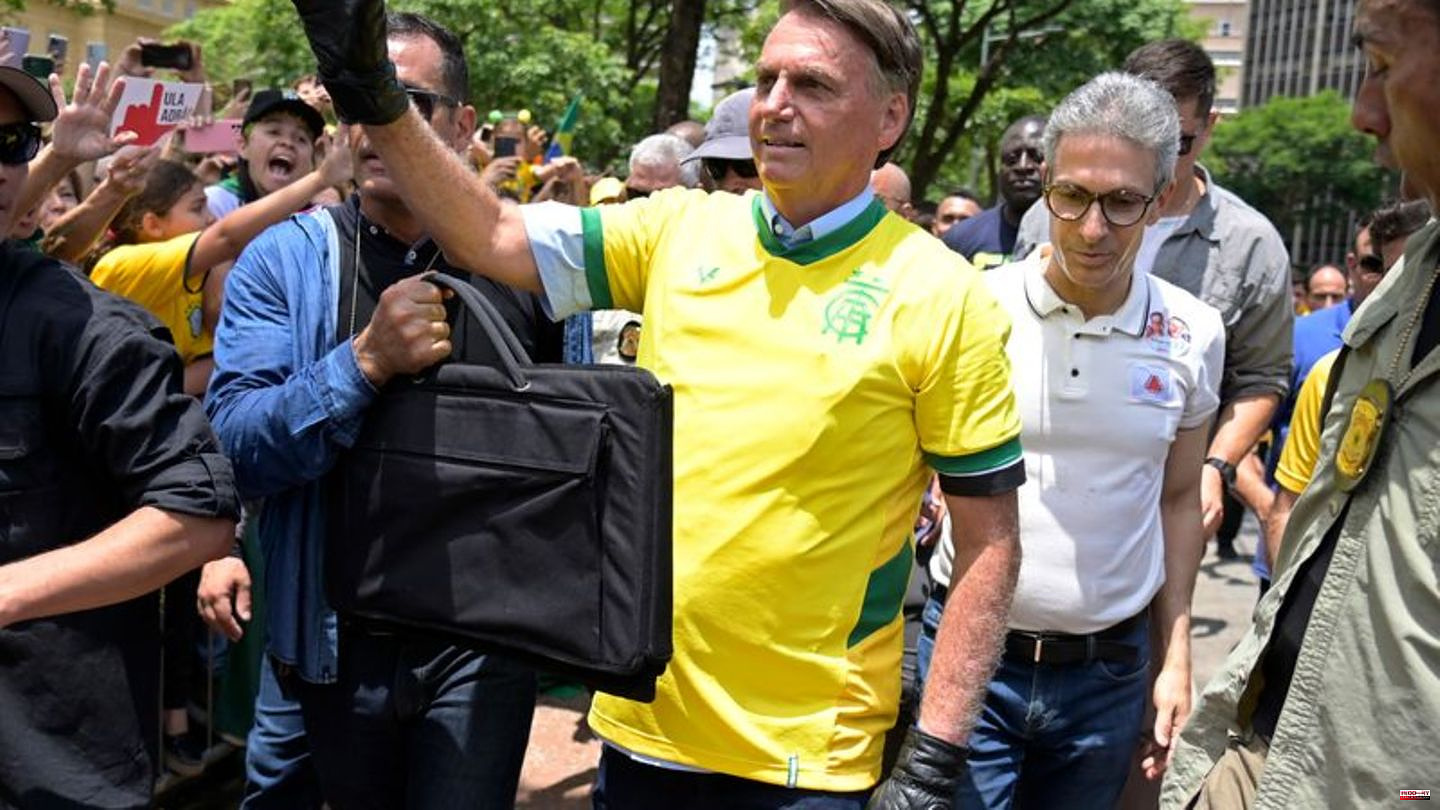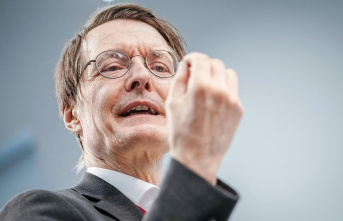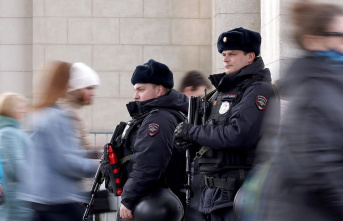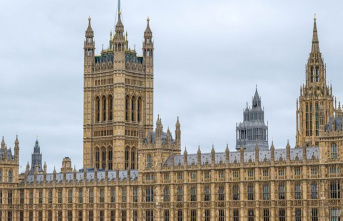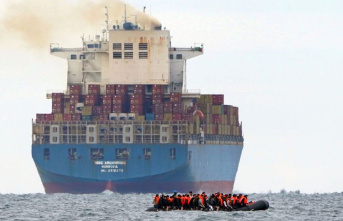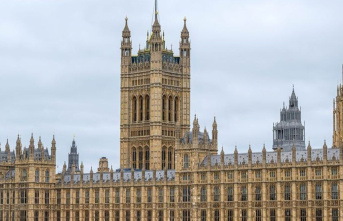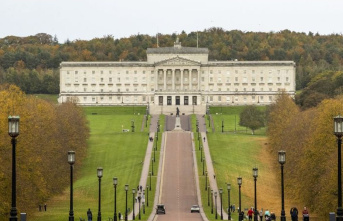Brazilians have elected a new president. After a bitter election campaign with mutual accusations and false information spread on the Internet, the right-wing incumbent Jair Bolsonaro and the left-wing ex-president Luiz Inácio Lula da Silva competed against each other in the run-off election on Sunday.
Lula had won the first round four weeks ago. However, Head of State Bolsonaro performed significantly better than expected according to the polls. After that, the race was considered completely open again.
The polling stations closed at 9 p.m. German time on Sunday, and the results were not expected until a few hours later.
Bolsonaro is confident of victory
"The expectation is a victory, for the good of Brazil," Bolsonaro said after casting his vote in Rio de Janeiro. The ex-military man wore a yellow T-shirt that said "Brasil" and showed the victory sign. "God willing, we will be victorious today. Or rather, Brazil will be victorious today." Lula kissed his ballot as he voted. He said: "This election is about choosing between democracy and barbarism, democracy or fascism."
In addition to the president, governors were also elected in a dozen states on Sunday - for example in the most populous and economically strong state of São Paulo. In the first round, Bolsonaro's followers had already captured a number of important governorships. His Liberal Party (PL) will also be the strongest faction in Congress, ahead of Lula's Labor Party (PT).
The presidential election in Brazil also has implications for the rest of the world. As a huge carbon reservoir, the Amazon region plays an important role in the fight against global climate change. In view of the tense situation on the energy and food markets due to the Ukraine war, the country with its enormous natural resources is an important trading partner.
It is feared that violence could break out depending on the outcome of the election. Bolsonaro had repeatedly cast doubt on the electoral system and indicated that he might not recognize the result. Since the relaxation of gun laws during his tenure, many of his supporters have heavily armed themselves. Some supporters of the incumbent also blatantly called for a military coup.
PL MP Carla Zambelli caused a stir on Saturday when she pursued a man at gunpoint after a dispute in São Paulo. To prevent violence, the Supreme Electoral Court banned civilians from carrying arms in the days surrounding the runoff. Brazilian media quoted Zambelli as saying after leaving a police station on Sunday: "I will vote armed, also with a bulletproof vest. I will be armed and prepared."
Brazil is politically divided
The country is politically divided, which was also reflected in the survey of voters on Sunday. "I hope Lula wins, I can't take Bolsonaro anymore," said Christiane Machado after casting her vote in Rio de Janeiro's Copacabana neighborhood. "The legacy of the PT is double-edged. There were social advances, but also corruption scandals. However, you cannot ignore the almost 700,000 corona deaths - including my parents. If Bolsonaro had bought vaccines in time, they could still be alive."
On the other hand, Renata Proença voted for the incumbent president to prevent Lula's return to power. "I've never voted for the left, PT or Lula in my life," she said. "What I like about Bolsonaro is that I know what to expect from him - even if his comments are unbearable."

